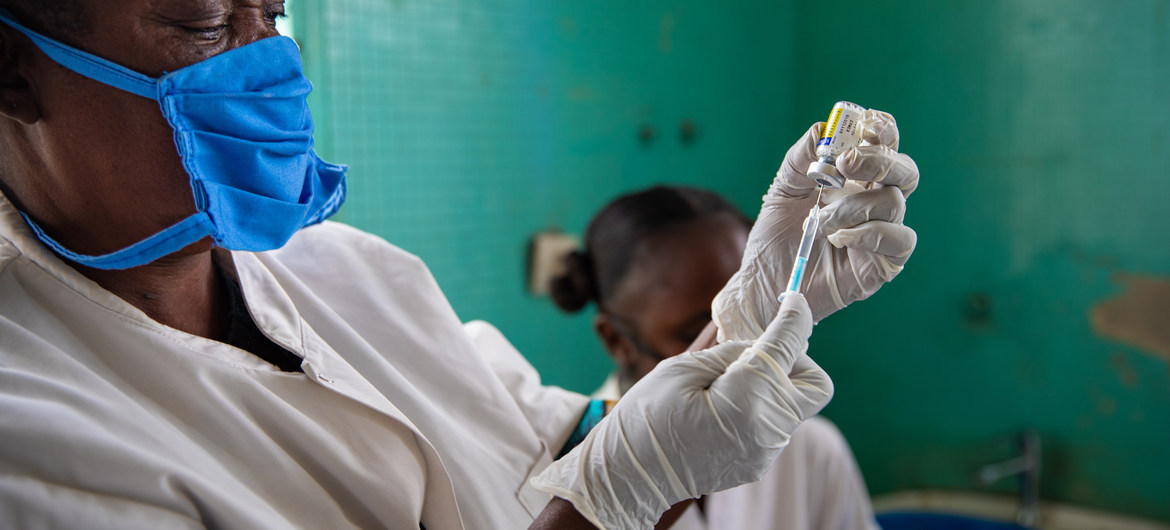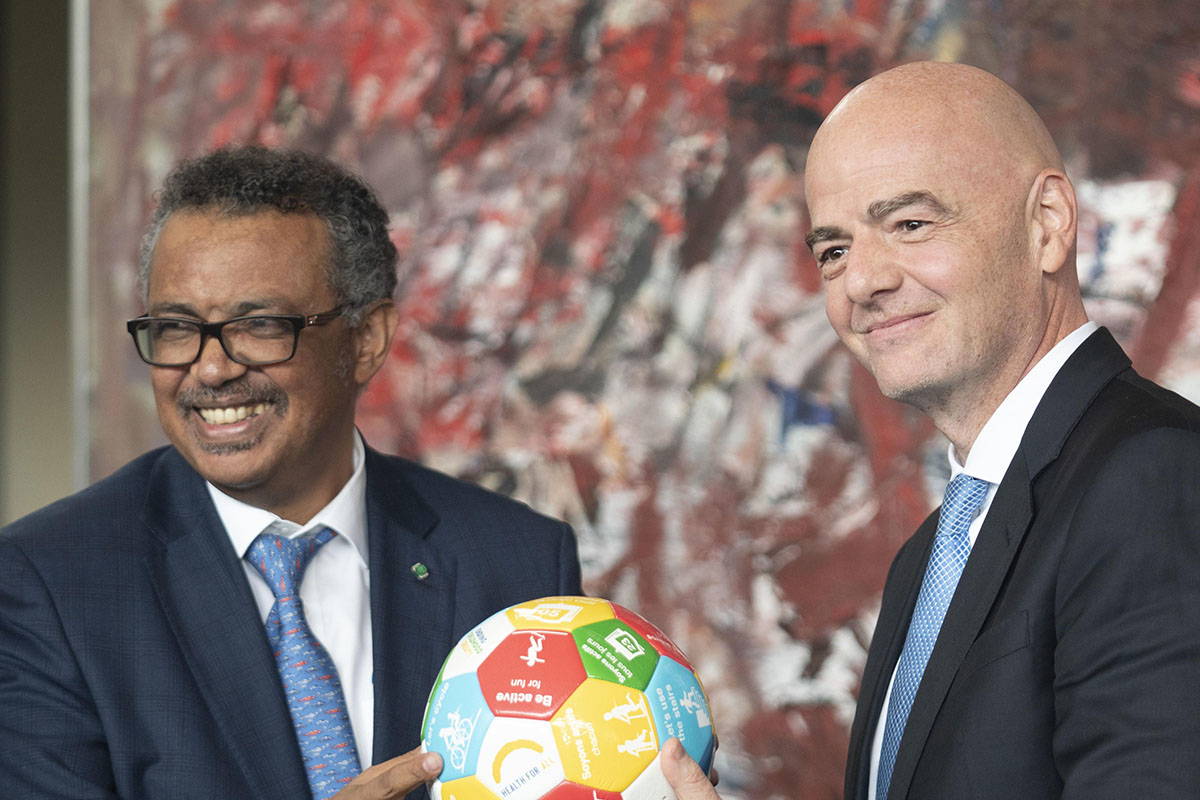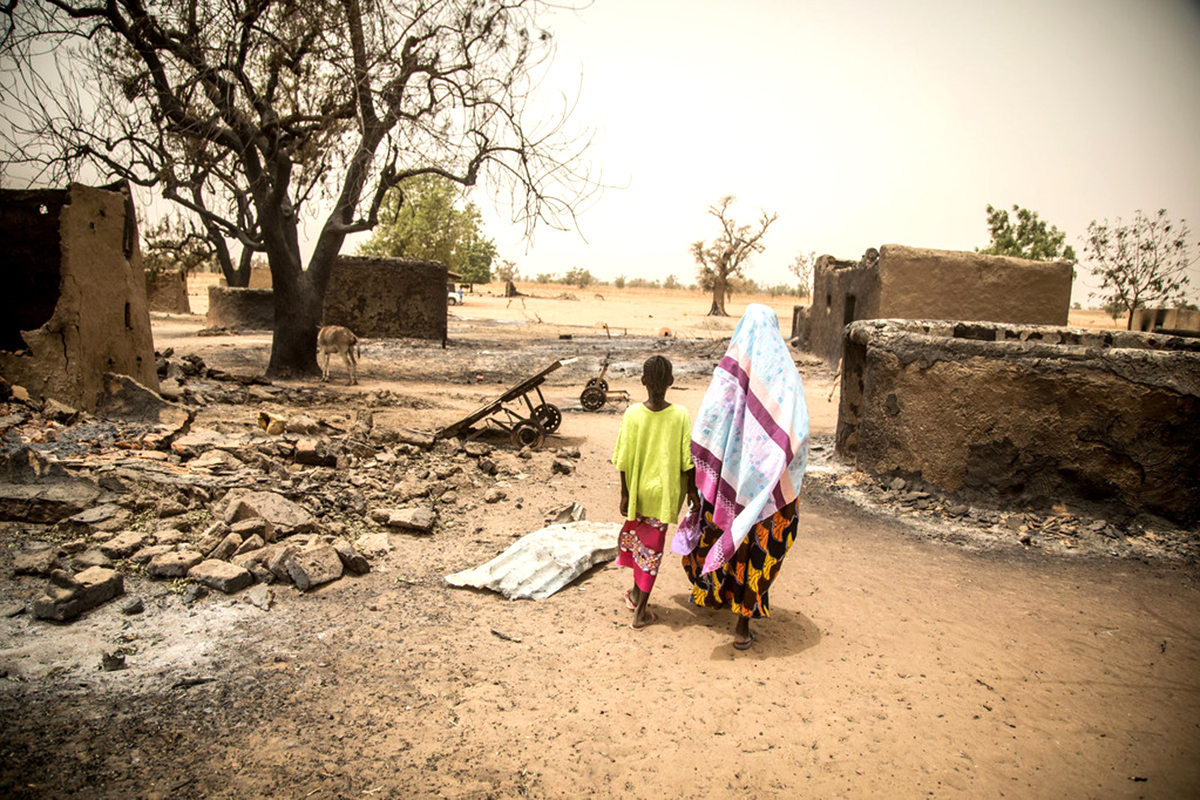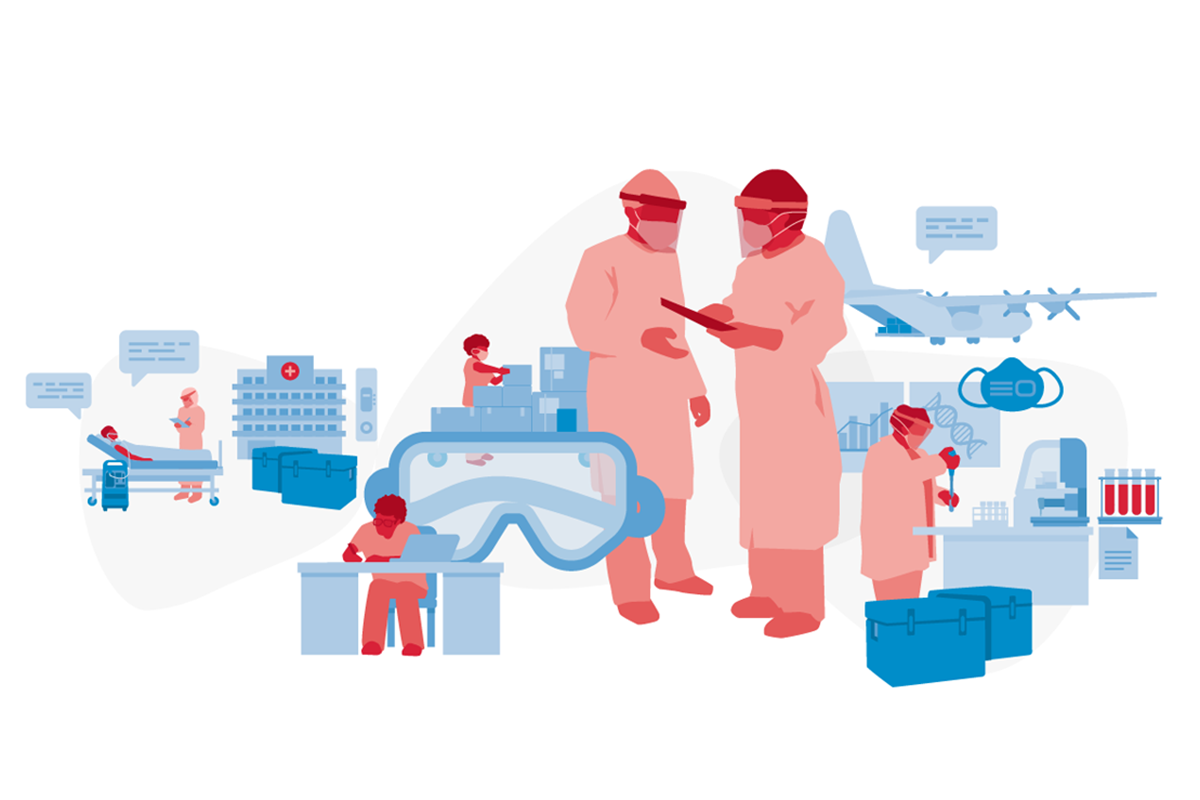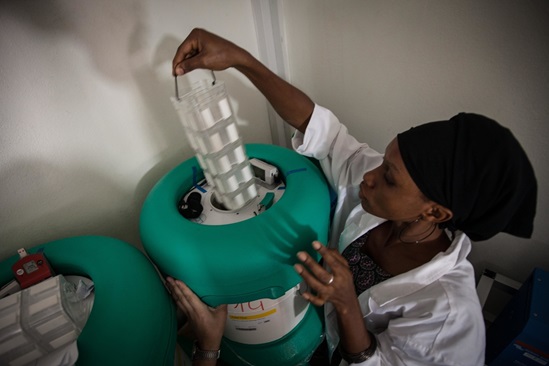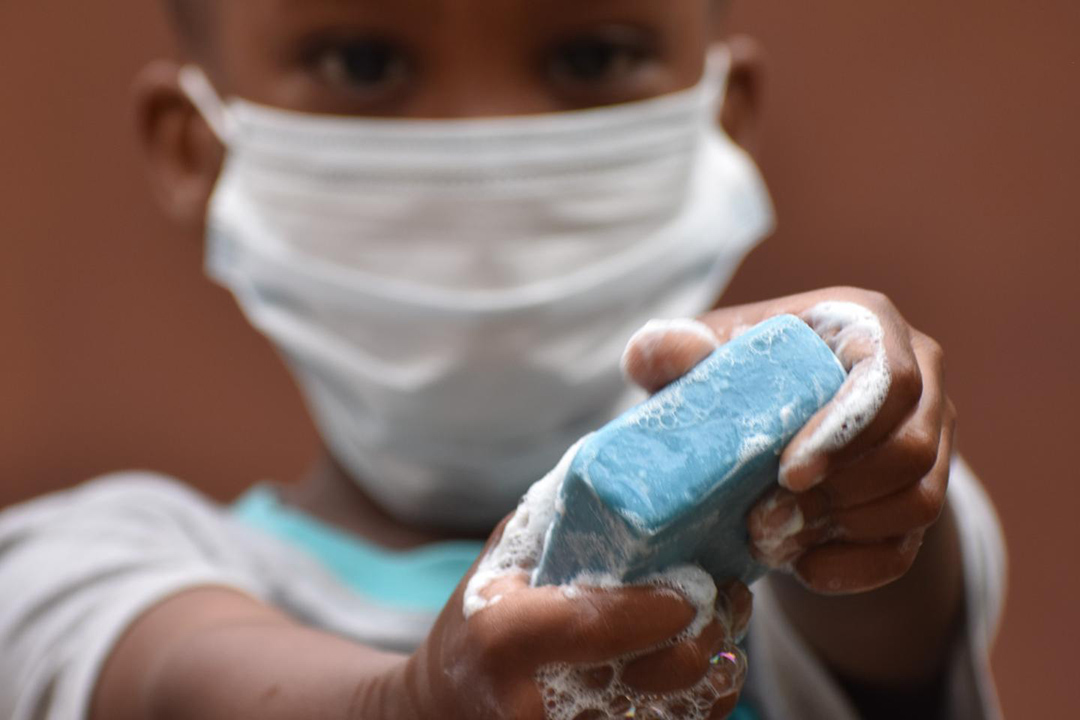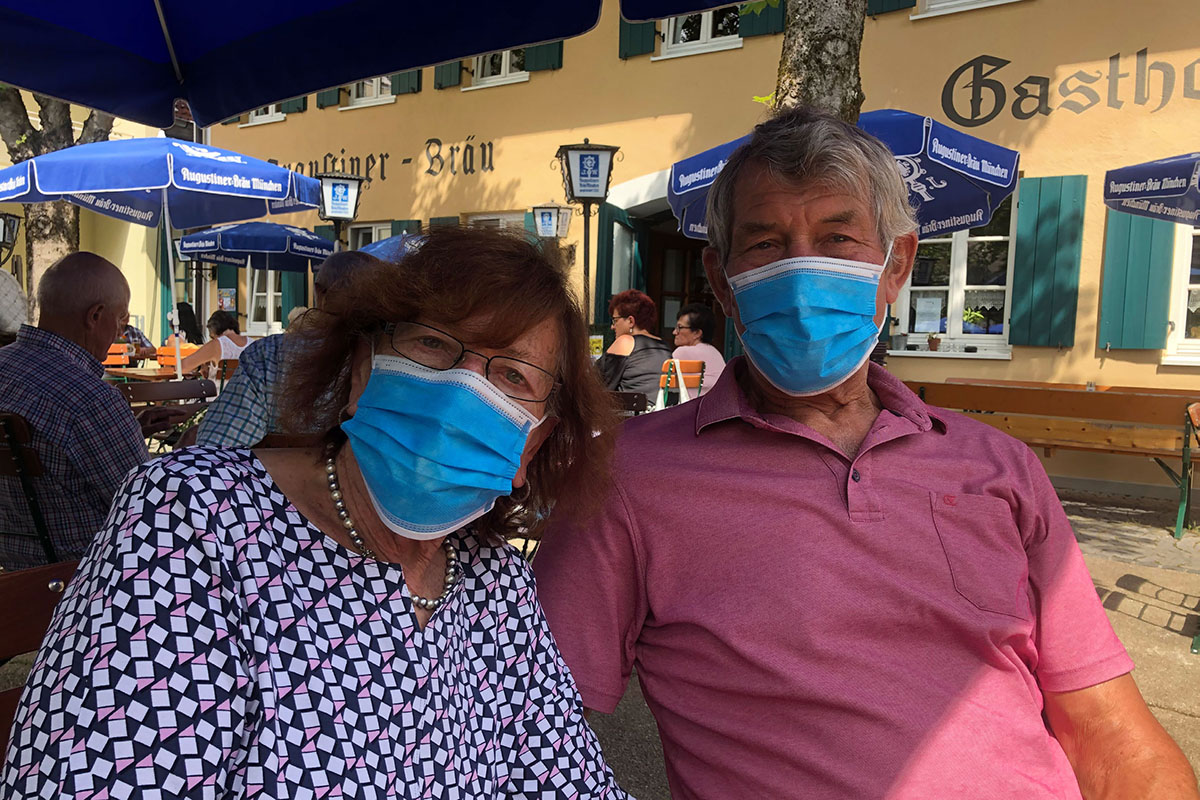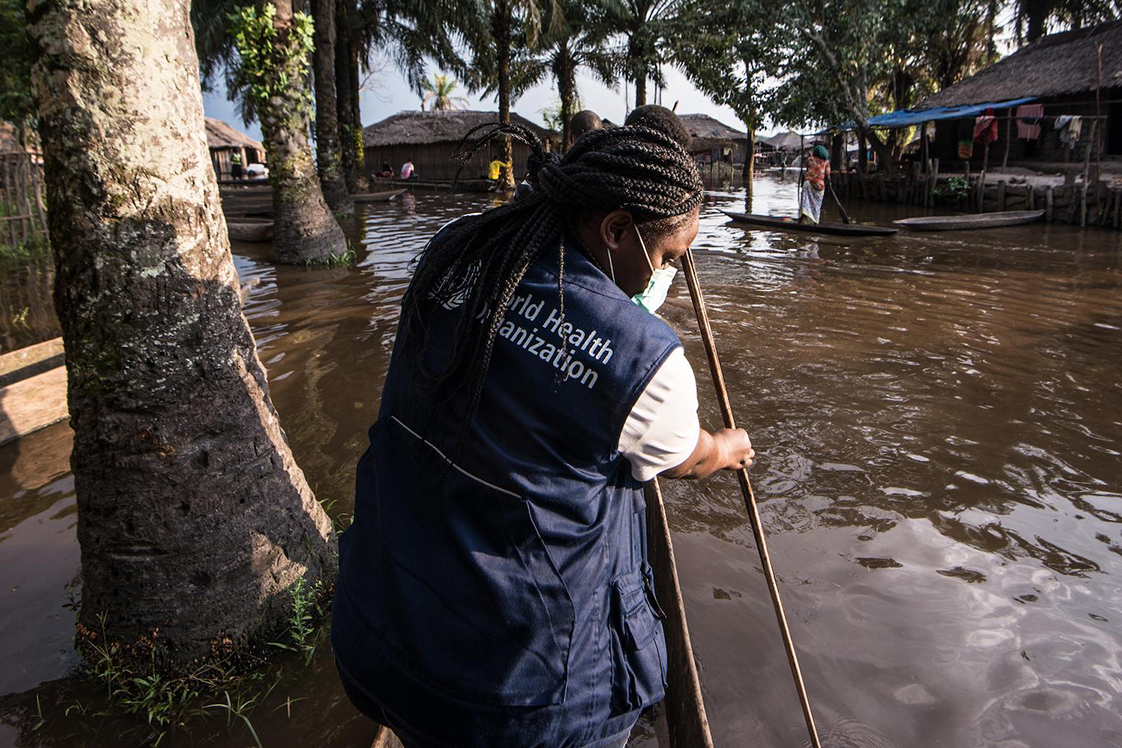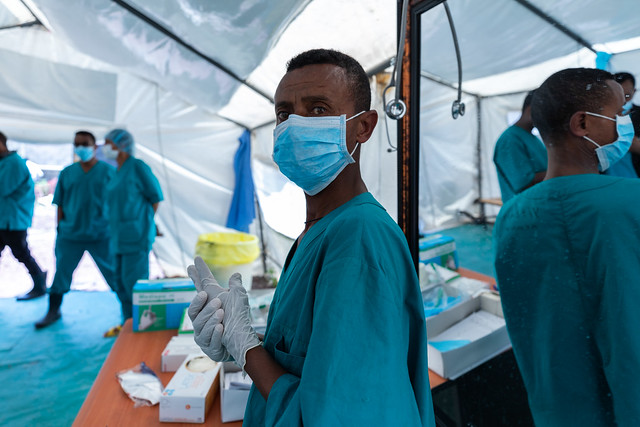The Cuban government recently announced that its Soberana II vaccine against COVID-19 will soon enter Phase III trials, bringing the country one important step closer to producing Latin America’s first vaccine against the virus. Far from being an overnight success, Cuba’s ability to develop a vaccine is the result of decades-long investment in its biopharmaceutical industry, which in its early stages of development was supported by UNIDO. Cuba hopes to inoculate its entire population against COVID-19 with a home-grown vaccine this year. The country has four potential vaccines in development. If it clears the final clinical hurdle, the Cuban vaccine will be the first to be developed in Latin America.
Health
5 February 2021 - The joint UN-led COVAX initiative aims to start shipping about 90 million doses of COVID-19 vaccines to Africa in February, the World Health Organization (WHO) said on Thursday. The immunization roll out will be the continent’s largest ever mass vaccination campaign.
Find out how nuclear science plays a key role in the diagnosis and treatment of cancer, from medical imaging to radiotherapy to radiopharmaceuticals to sterilising medical equipment. Cancer is one of the main causes of death worldwide. 10 million people die each year from cancer and the number is growing. More than one third of cancer cases can be prevented. Another third can be cured if detected early and treated properly. The IAEA helps countries increase access to life-saving nuclear techniques.
FIFA teams up with WHO to promote the need for fair access to COVID-19 vaccines, treatments and diagnostics, to encourage life-saving measures and to stop the further spread of the virus.
Making vaccines, tests and medicines available can take a long time, even when there’s a health emergency like COVID -19. To ensure rapid access for all, the World Health Organization has developed the Emergency Use Listing - EUL - and this video explains how EUL works.
25 January 2021 - Since September, the devastation wrought by the COVID-19 pandemic has deepened, infecting close to 100 million people, costing more than $3 trillion in lost wages and intensifying obstacles for peace and security around the world, the UN political chief told the Security Council.
It was the scenario the public health community had feared for decades. A dangerous virus emerges and spreads rapidly around the world. COVID-19 infects people when they come together but coming together is also how we will beat it. 2020 saw the world unite against the virus, from small personal gestures to protect others, to international collaboration on research and innovation. The year ends with COVID-19 vaccines rolling out – an extraordinary feat. Science, solutions and solidarity have been WHO’s tools for addressing the biggest health threat of the past century.
UNAIDS reports on the challenges faced by sex workers in Bangladesh and Myanmar as a result of the COVID-19 closure of brothels. Street-based sex work increases the risk of violence, condom-less sex and no pay or low pay. Sex workers are also experiencing increasing vulnerability to gender-based violence. Without a source of income, conflicts about finances arise resulting in abuse at the hands of spouses, partners and brothel owners. Other challenges include homelessness, stigma and discrimination from other forms of employment and restricted health services and screenings.
Check out this animation and see how location, proximity and time can help you make safer choices when you're in an area of widespread COVID-19 transmission. Visit WHO for more information.
The effort to establish the stockpile was led by the International Coordinating Group (ICG) on Vaccine Provision, which includes the World Health Organization (WHO), UNICEF, the International Federation of Red Cross and Red Crescent Societies (IFRC), and Médecins Sans Frontières (MSF), with financial support from Gavi, the Vaccine Alliance. The stockpile will allow countries, with the support of humanitarian organizations, to contain future Ebola epidemics by ensuring timely access to vaccines for populations at risk during outbreaks. UNICEF manages the stockpile on behalf of the ICG.
When COVID-19 hit Burundi, UNICEF and partners set to work on a massive communication campaign promoting handwashing with soap to stop the transmission of the virus. Immediately, a serious issue needed to be addressed: how can Burundians practice hand hygiene when many cannot afford buying soap? To help solve this problem, UNICEF approached SAVONOR, the biggest industrial soap producing company in Burundi, and reached an agreement: SAVONOR would reduce its own profit margin in soap production, and UNICEF would further subsidize the production – effectively cutting the price of soap in half. SAVONOR would also use its distribution system to make the soap available all over the country. The soap, called Bururu in the local language Kirundi, is like any other soap SAVONOR manufactures. The only differences are its blue color and the recommended retail price (150 BIF or US$0.08) engraved on each bar.
Already, there are more than 1 billion people aged 60 years or older, with most living in low- and middle-income countries. Many do not have access to even the basic resources necessary for a life of meaning and of dignity. Many others confront multiple barriers that prevent their full participation in society. The United Nations Decade of Healthy Ageing (2021-2030) is an opportunity to bring us all together for ten years of concerted, catalytic and collaborative action to improve the lives of older people, their families, and their communities.
A year ago, a little-known virus emerged, and in a matter of weeks the world would be jolted by an unprecedented pandemic. COVID-19 has upturned every aspect of life, and the struggle is still on to bring the virus under control. In the African region, WHO has worked with governments to tackle the pandemic, which turned 2020 into an extremely challenging year. Even so, the region reached remarkable milestones: two Ebola outbreaks have been halted, Africa is free of wild polio and more is being done to safeguard health systems. We feature some of the key achievements of 2020.
2020 was an unprecedented year for WHO/Europe. COVID-19 dominated WHO’s work around the world, including the European Region, with support and cooperation taking place across countries. Dr. Hans Henri P. Kluge was officially appointed WHO Regional Director for Europe, and at the 70th session of the WHO Regional Committee for Europe, the European Programme of Work 2020-2025 was adopted by consensus by Member States. We look back on some of the key moments over the past 12 months.
Around 1.8 billion people are at heightened risk of COVID-19 and other diseases because they use or work in health care facilities without basic water services, warn WHO and UNICEF. The situation is worst of all in the world’s 47 Least Developed Countries (LDCs): 1 in 2 health care facilities does not have basic drinking water, 1 in 4 health care facilities has no hand hygiene facilities at points of care; and 3 in 5 lack basic sanitation services.

